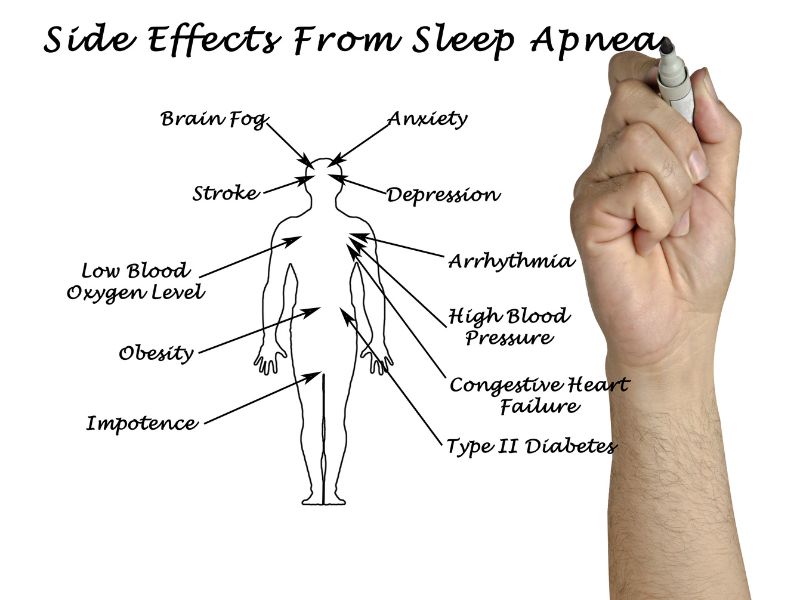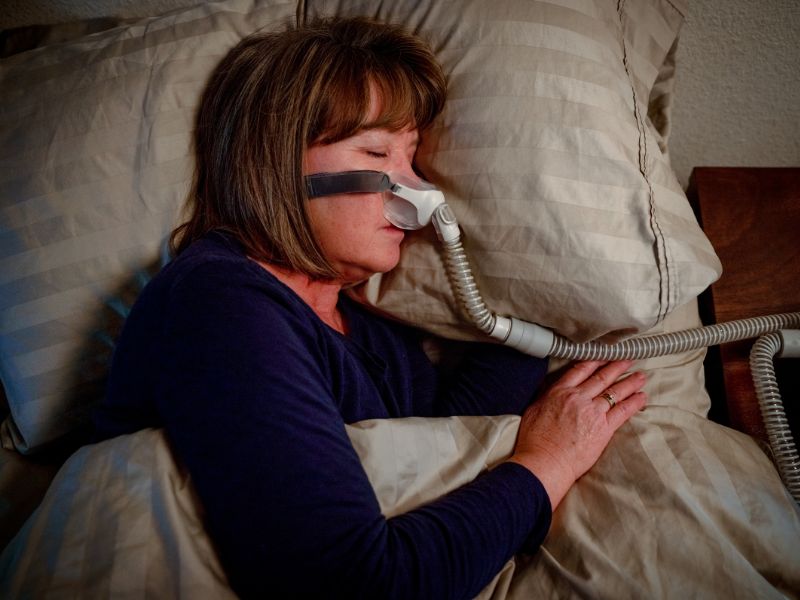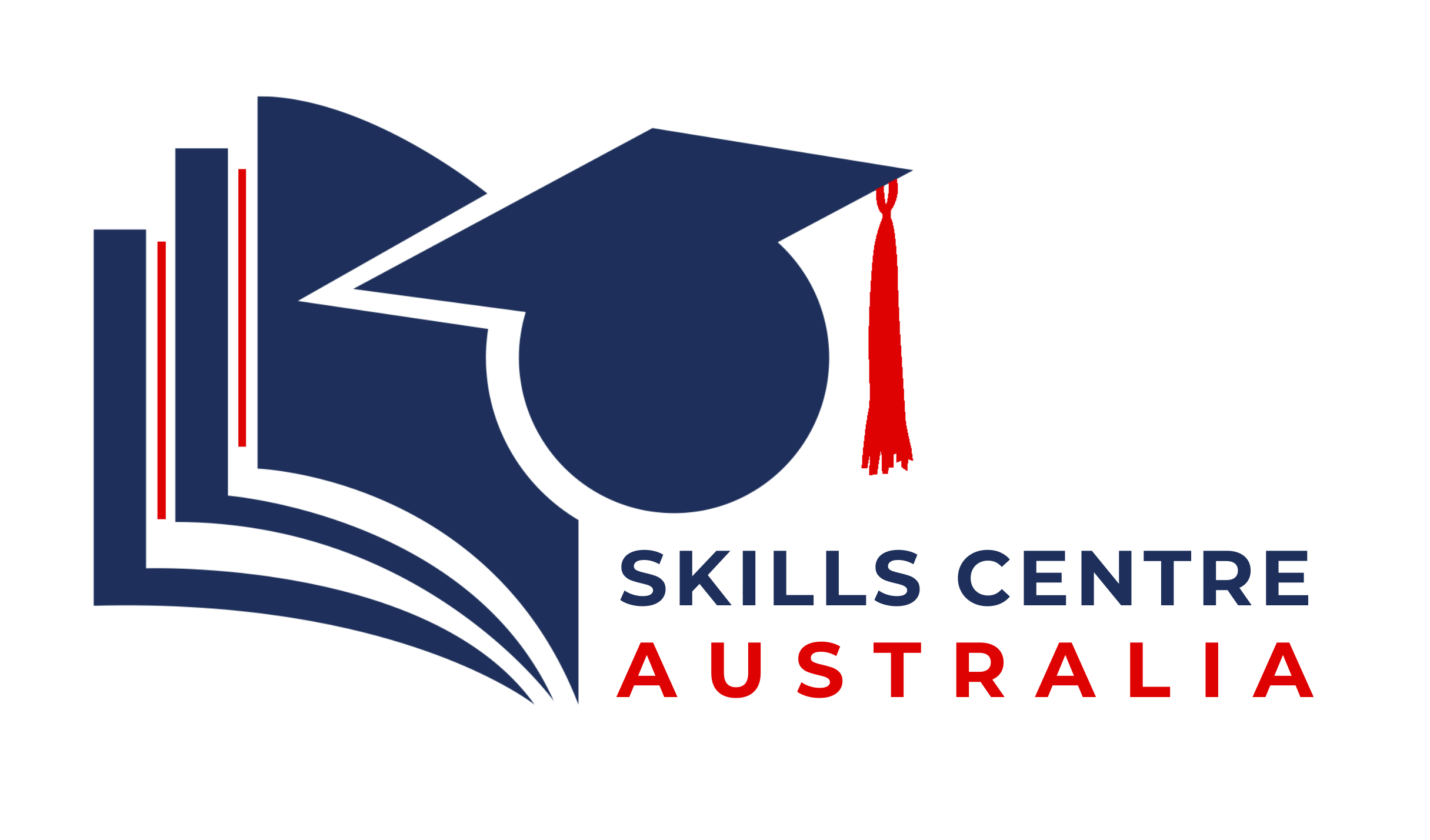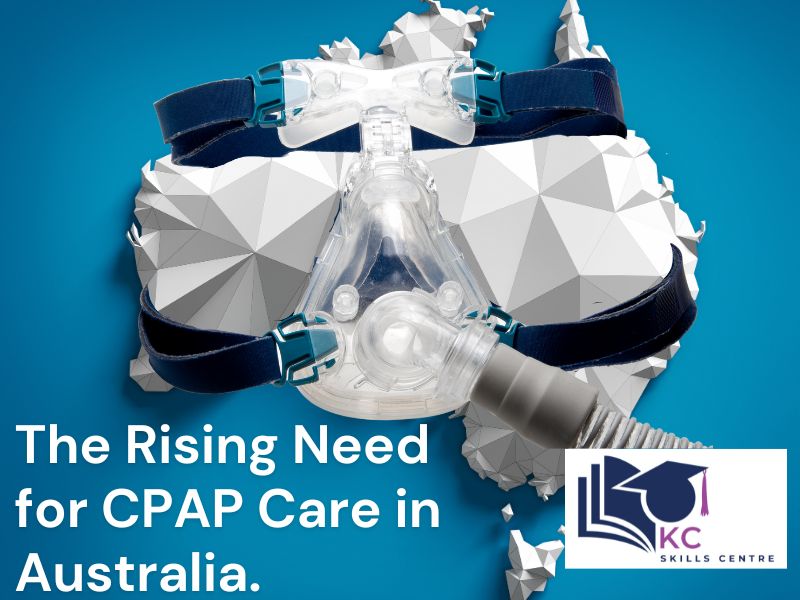Recently, Australia has seen a significant rise in the prevalence of sleep apnea and other respiratory issues, bringing these devices into the limelight.
In respiratory health, continuous positive airway pressure (CPAP) and bilevel positive airway pressure (BiPAP) machines are pivotal tools in managing various breathing disorders. Their role in ensuring sound sleep and effective breathing cannot be overstated.
CPAP machines provide a steady, continuous stream of pressurised air to a patient’s airways during sleep, primarily to treat obstructive sleep apnea (OSA). This constant airflow keeps the airways open, preventing interruptions in breathing.
On the other hand, BiPAP machines offer two levels of air pressure: a higher one during inhalation and a lower pressure during exhalation. This dual setting is especially beneficial for individuals who find it difficult to breathe out against continuous pressure or those with conditions like Central Sleep Apnea or Chronic Obstructive Pulmonary Disease (COPD).
The demand for CPAP and BiPAP machines in Australia is on an upward trajectory. This surge can be attributed to an increase in the diagnosis of sleep disorders.
Recent statistics suggest a substantial percentage of the Australian adult population exhibits sleep apnea symptoms, though exact numbers vary. Factors contributing to this increase include an aging population, rising obesity rates, greater public awareness, and improved diagnostic methods.

Proper care and maintenance of CPAP and BiPAP machines are crucial for their efficacy and longevity. Inadequate care can lead to problems like air leaks, discomfort, and even respiratory infections due to the accumulation of pathogens. Users often face challenges like understanding the correct cleaning methods and frequency, replacing parts, and adjusting settings for optimal comfort. Effective CPAP care ensures the device’s proper functioning but also the health and safety of the user.
Recognising the critical need for proper CPAP and BiPAP maintenance, the KC Skills Centre has dedicated itself to educating healthcare professionals and caregivers. Their mission is to enhance the quality of respiratory care through comprehensive training programs.
These programs cover basic knowledge of the respiratory system, how to differentiate between BiPAP and CPAP, understanding the requirements of BiPAP and CPAP, managing BiPAP AND CPAP equipment, understanding prescription/pressure, and fitting masks and checking settings.

KC Skills Centre is pivotal in improving CPAP care standards by empowering caregivers and healthcare providers.
The importance of CPAP and BiPAP machines in managing respiratory conditions cannot be understated, especially in light of their growing demand in Australia.
As we acknowledge this need, the significance of proper training and care becomes increasingly apparent. Institutions like the KC Skills Centre are instrumental in ensuring that those responsible for CPAP care are well-equipped with the necessary knowledge and skills.

